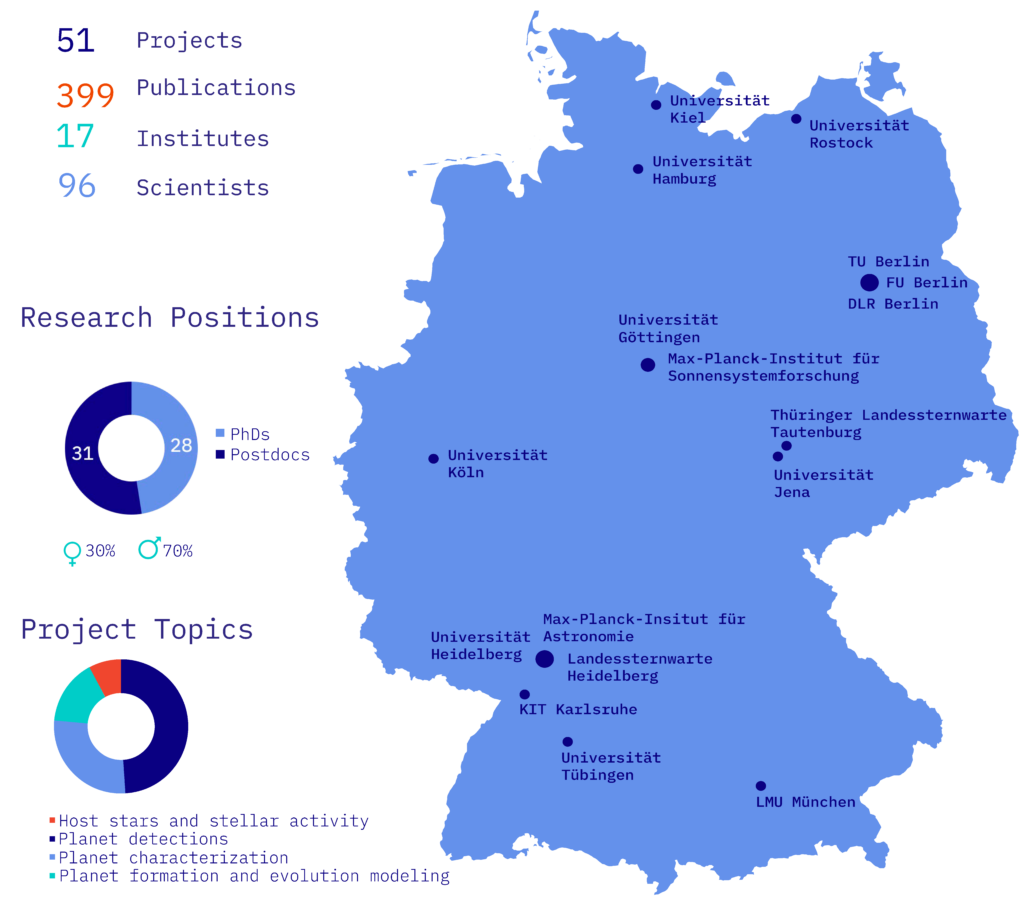One of the most exciting recent discoveries in astronomy is the existence of a huge variety of extrasolar planets orbiting other stars, including numerous multi-planet systems. Exoplanets can be very different to those found in our Solar System, and range from the so-called “Hot Jupiter” and “mini-Neptune” gas planets to large rocky planets (“super-”Earths). This Priority Programme aims to explore such diversity and understand its origins. The SPP 1992 wants to make substantial contributions to answering the following fundamental questions: What does the diversity of exoplanets tell us about their formation processes and the evolution of planets and planetary systems? What can we learn about the astrophysical conditions necessary to harbour life and are these conditions common in our Milky Way?
To understand the diversity and complexity of exoplanets requires combined efforts across disciplines, linking observational planet detection and characterization to theory. Science areas addressed in this SPP 1992 therefore include: the detection of exoplanets and observational characterization of their properties (e.g. orbit, mass, radius, atmosphere); and the understanding of exoplanet properties and diversity in terms of atmospheres, planetary interiors, habitability, formation and evolution processes.
The major observational data basis for this SPP 1992 will result from national and international ground- and space-based projects with strong German participations, data becoming publicly available during the SPP, and from major observatories.
The SPP 1992 wants to support projects which have a direct relationship to observational exoplanetary data which will become available within the time frame of this SPP 1992, their analysis and/or their scientific interpretation. A goal of the SPP 1992 is to support collaborations across disciplines and teams.
The SPP 1992 has concluded in March 2025. This website serves as an archive of this highly successful research network and its accomplishments.
The SPP 1992 is funded by the German Research Foundation.
Programme committee
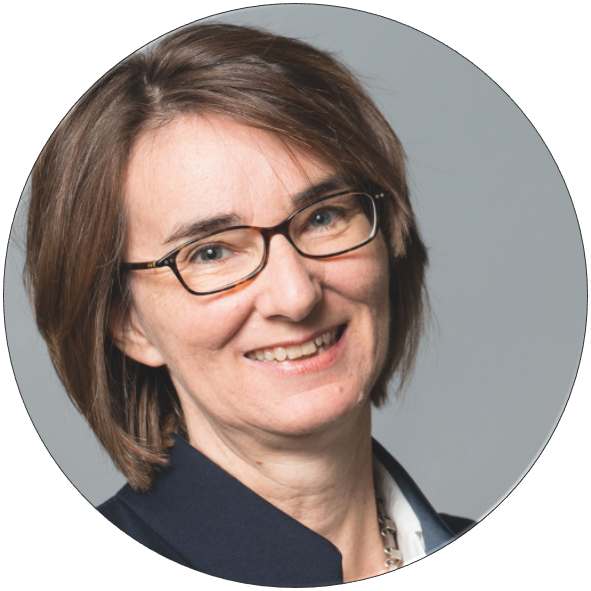
Prof. Dr. Heike Rauer (DLR, TU Berlin, FU Berlin,
Coordinator of the SPP 1992)
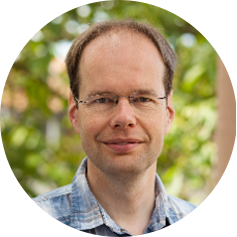
Prof. Dr. Cornelis Dullemond (University Heidelberg)

Prof. Dr. Artie Hatzes (Thüringer Landessternwarte Tautenburg)
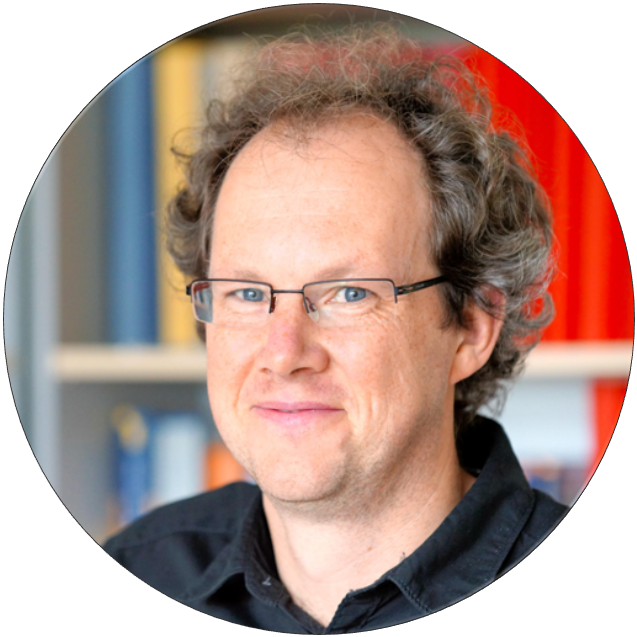
Prof. Dr. Ansgar Reiners (University Göttingen)

Dr. Roy van Boekel (MPIA Heidelberg)
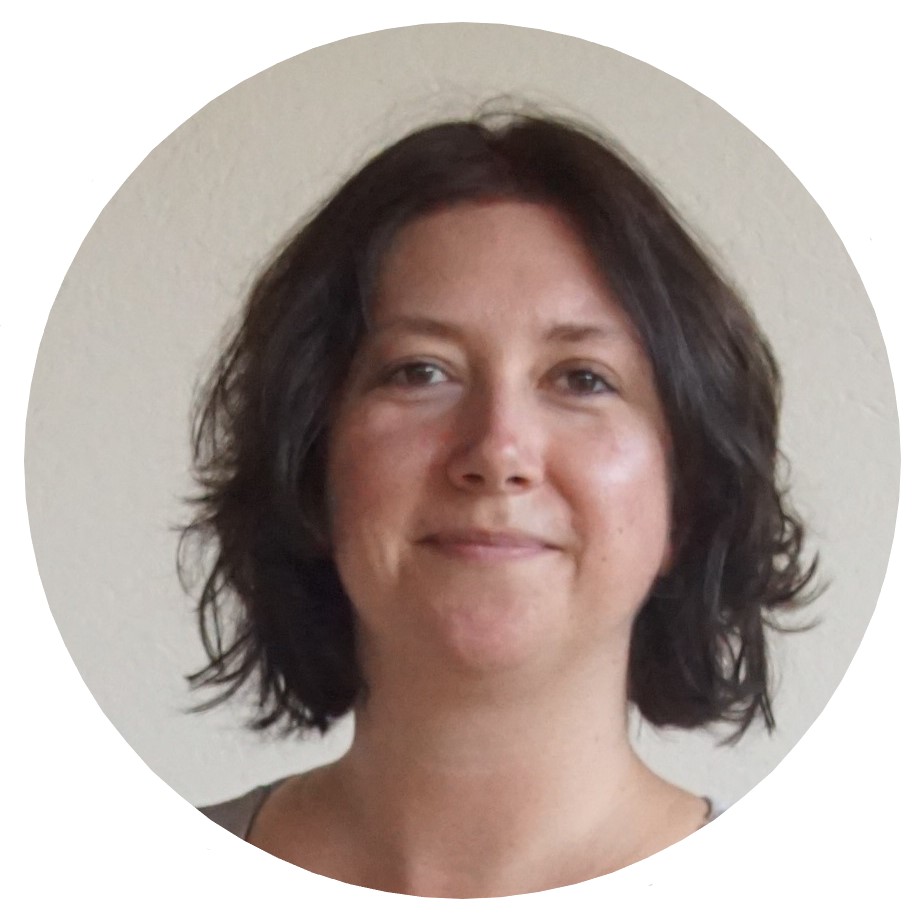
Prof. Dr. Lena Noack (FU Berlin)
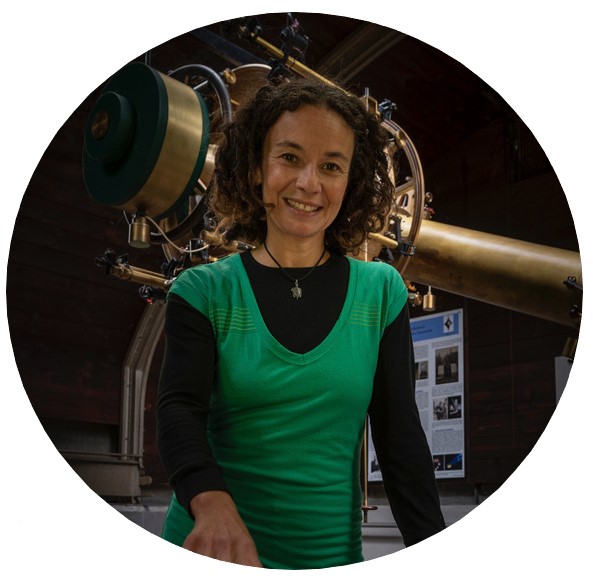
Prof. Dr. Barbara Ercolano (LMU München)
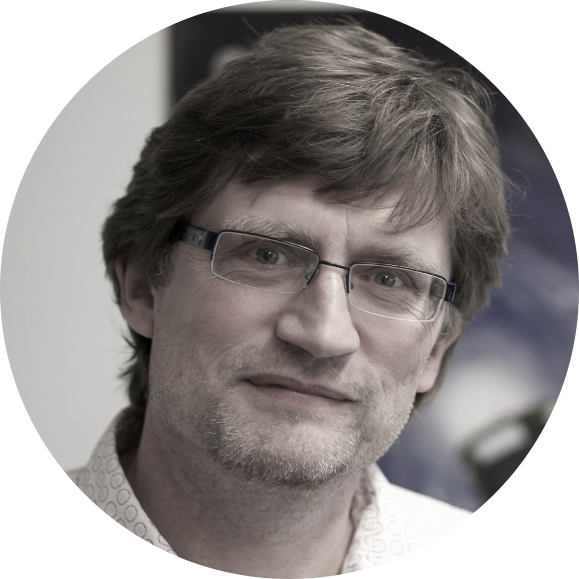
Prof. Dr. Willy Kley (University Tübingen)
† 2021
Coordination Office
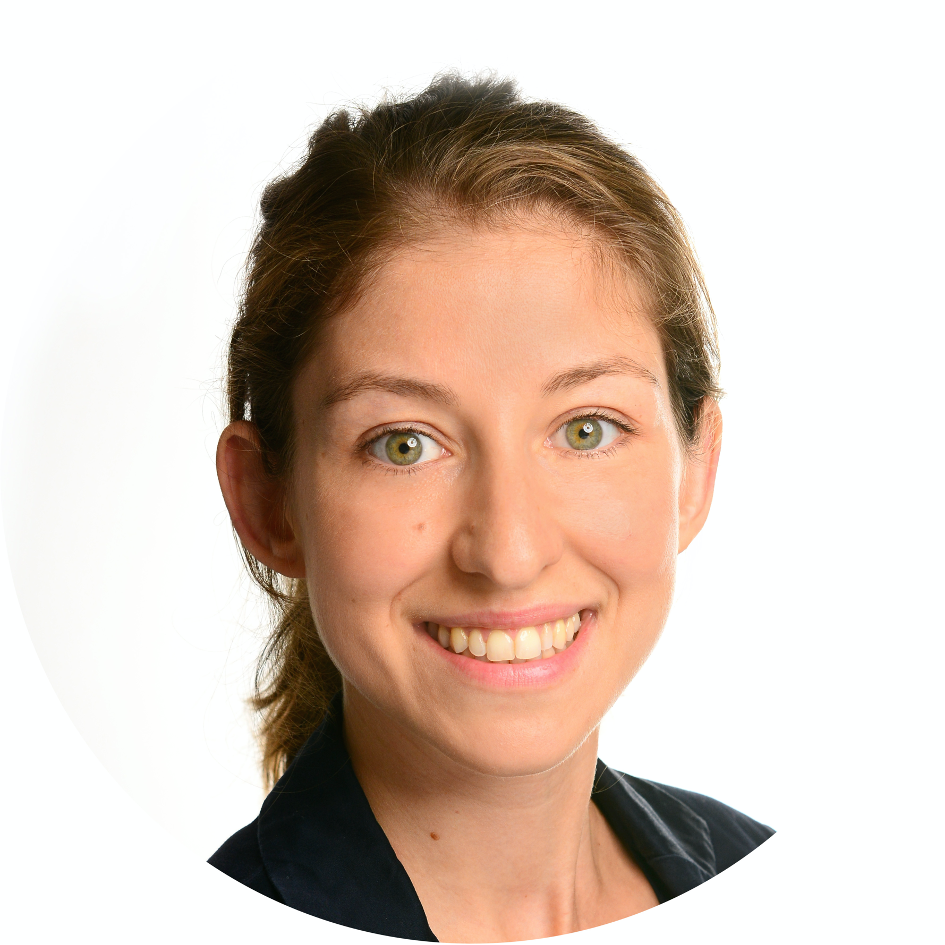
Dr. Tina Rückriemen-Bez (TU Berlin)
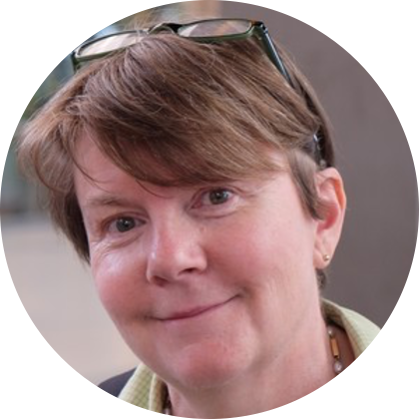
Dr. Ruth Titz-Weider (DLR)
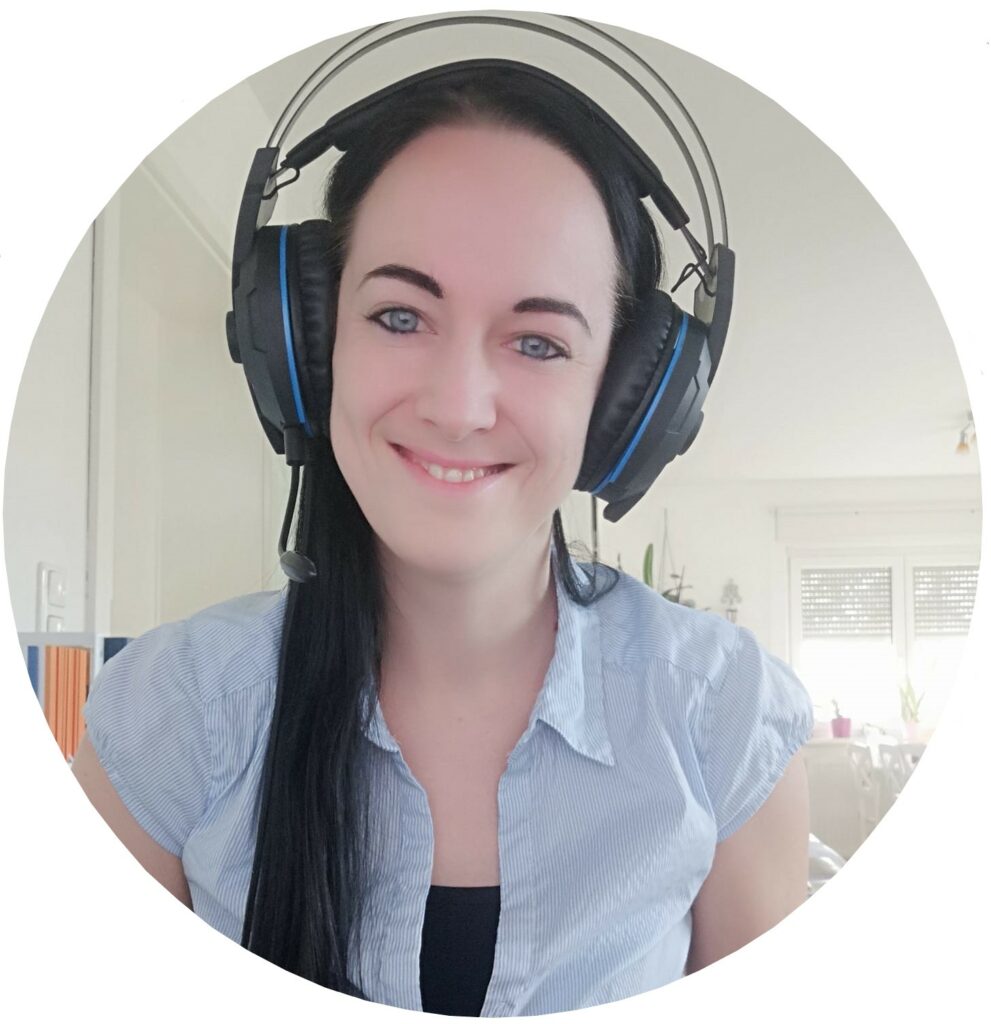
Tanja Schumann (TU Berlin)
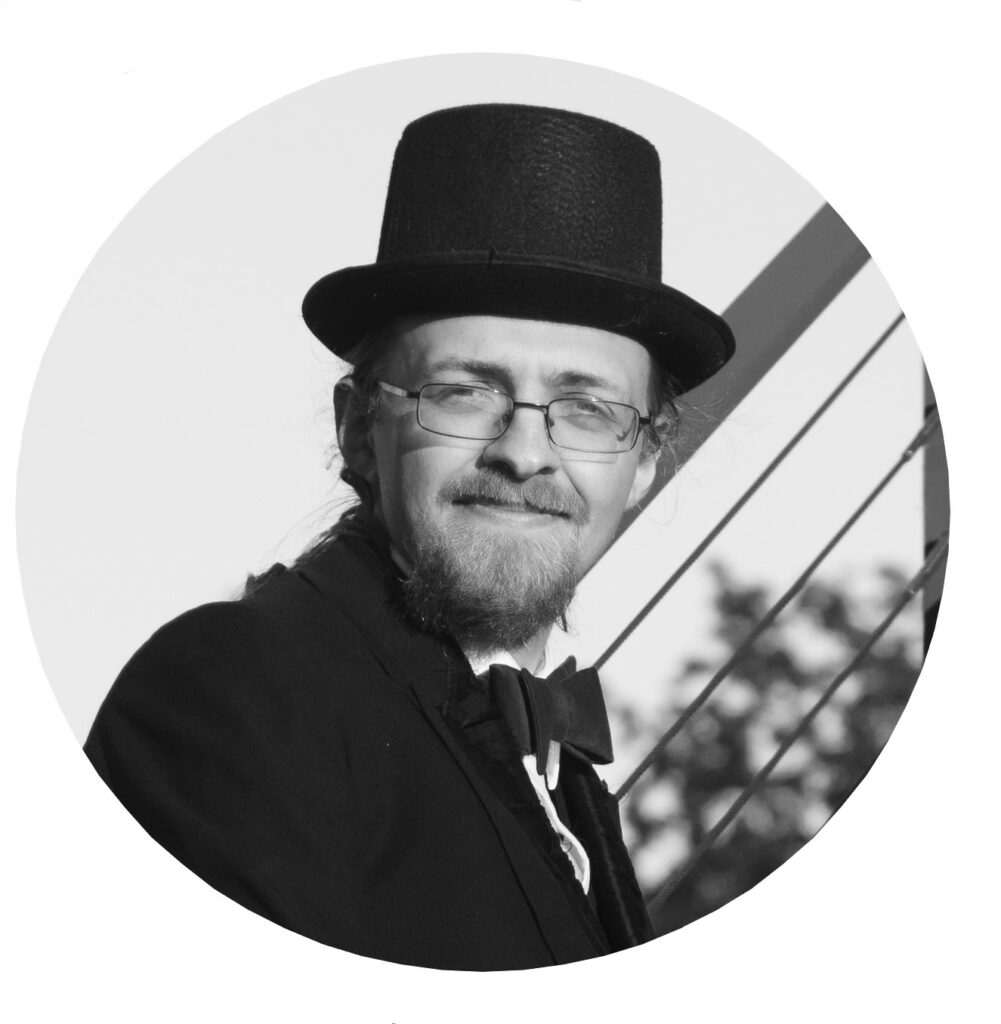
Dr. Ludwig Scheibe (TU Berlin)
Keyfacts
